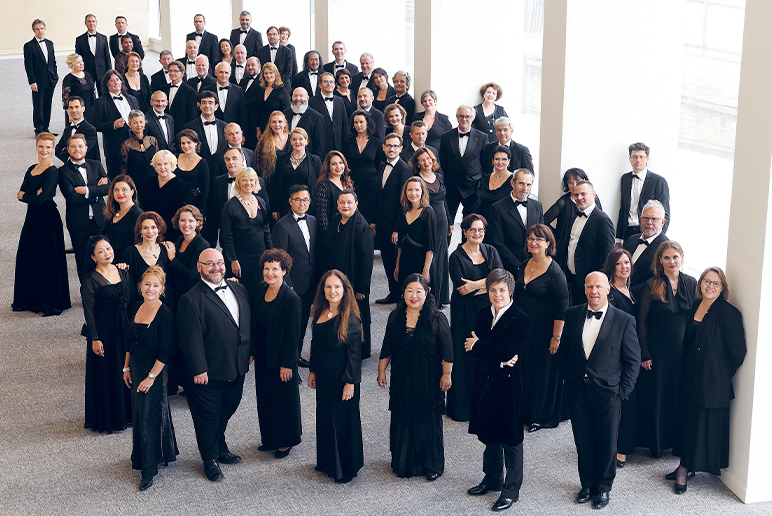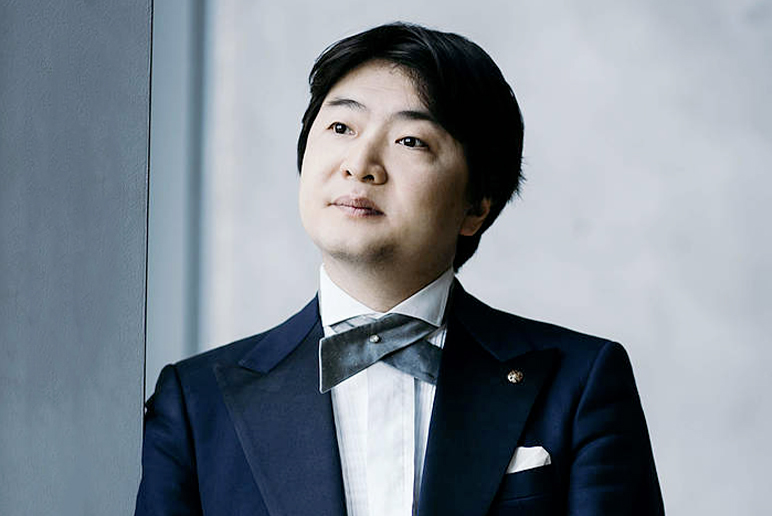Carmina Burana
Carl Orff
A stage cantata composed from medieval poems, with powerful choruses that have exerted a strong fascination ever since it was premiered.
Regula Mühlemann | soprano
Matthias Rexroth | countertenor
Ludovic Tézier | baritone
Kazuki Yamada | direction
Orchestre National de France
Chœur de Radio France
Maîtrise de Radio France
First part
Roussel Bacchus et Ariane, suite No. 2
This monumental cantata is one of the most famous choral works, notably for the first movement “O fortuna”, but it is rarely performed in its entirety. This work by Carl Orff (1895-1982), premiered in 1935-1936, is based on 24 medieval poems from an anthology entitled Carmina Burana, first published in 1884. The title, which literally means “songs of Beuern”, is a reference to the Benediktbeuern monastery in Bavaria, where the manuscripts were discovered. The libretto comprises texts in Latin, Middle High German and Old French. The secular subject matter, which is handled with a degree of irony, is varied and universal: fluctuating fortunes, the ephemerality of life, the joy sparked by the return of spring, and the pleasures of alcohol, the flesh, gambling and lust. It is also first and foremost a work which packs a punch with its cast of no fewer than 120 child and adult singers on stage.
Coproduction Théâtre des Champs-Elysées | Radio France
France Musique live broadcasts this concert on the 25th of January.


